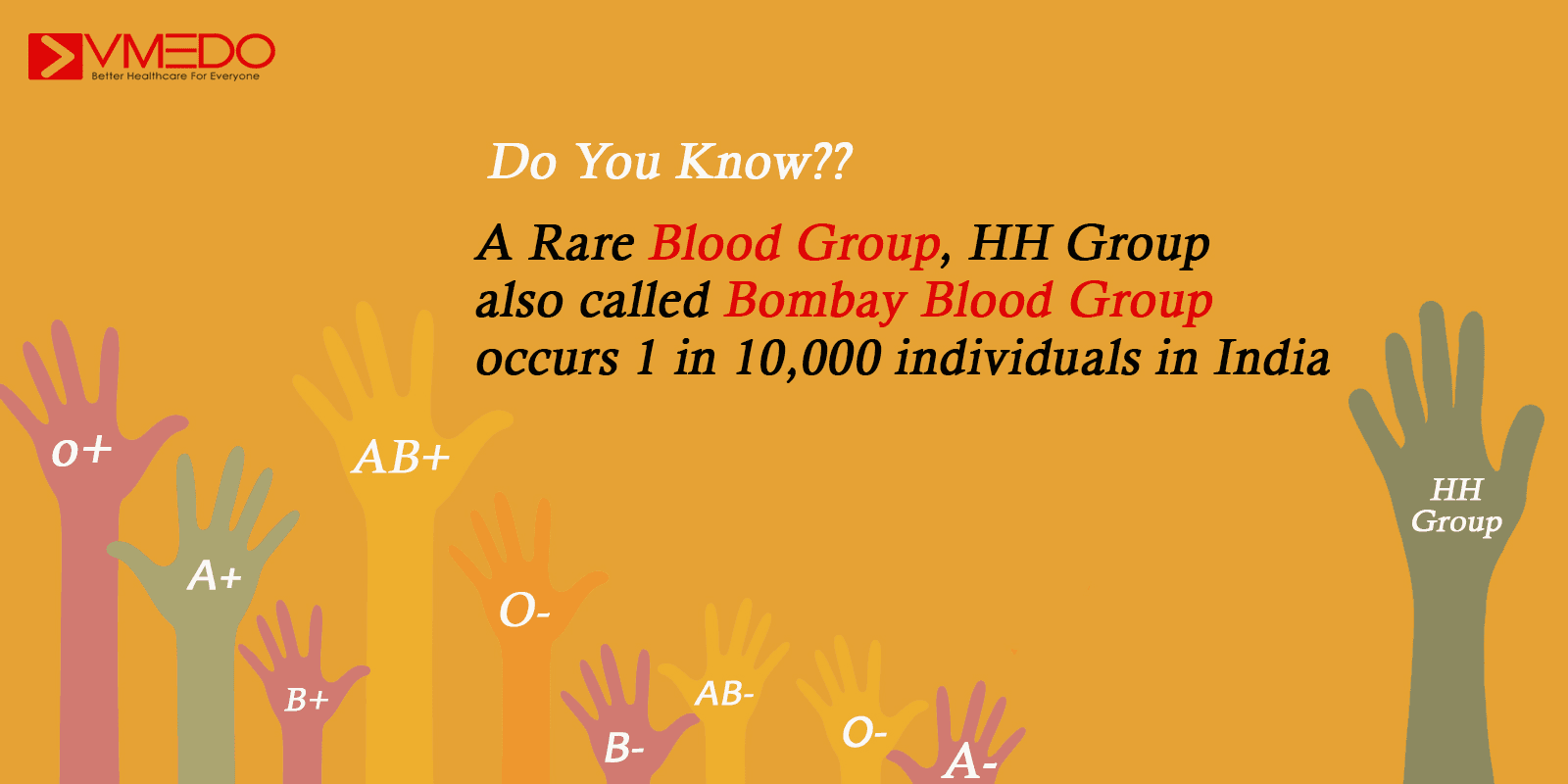Blood is one of the most critical components of the human body. It carries essential nutrients, hormones, and oxygen to different parts of the body, and it also helps in removing waste products. But, did you know that not all blood is created equal? There are different types of blood, and one of the rarest and most unique is the Bombay Blood Group.
What is Bombay Blood Group?
This rare blood type that was first discovered in Bombay (now Mumbai), India, in 1952. It is also known as the Oh blood group system or the Bombay phenotype. Unlike other blood groups, the Bombay Blood Group does not have any antigens on the surface of red blood cells (RBCs). People with the Bombay blood group do not have the H antigen, which is a precursor to the A and B antigens. As a result, they are unable to produce the A and B antigens, regardless of their underlying ABO genotype. This means that their red blood cells do not have the typical A, B, or AB antigens found in most people, and they cannot receive blood from individuals with those blood types.

Bombay Blood Group Meaning
Since the Bombay Blood Group does not have any antigens on the surface of RBCs, it cannot be classified into any of the ABO blood groups (A, B, AB, and O) or the Rh factor (positive or negative). This means that people with such blood Group can only receive blood from other people with the same blood type.
Bombay Blood Group History
The discovery of the Bombay Blood Group was a result of a medical mystery. A patient required a blood transfusion during surgery, but none of the available blood types matched. After further testing, it was discovered that the patient had a completely different blood type, which was not previously known to science. The discovery was a breakthrough in the field of blood typing and transfusion medicine.
How many people have Bombay Blood Group?
This Blood Group is extremely rare, and only about 1 in 10,000 people in India have it. The frequency of the Bombay Blood Group is even lower in other parts of the world. This makes it challenging for people with this blood type to find compatible blood donors in case of an emergency.
Who can donate to bombay blood group
Individuals with Bombay blood group can only receive blood from other individuals with the same blood group. They cannot receive blood from individuals with other blood types, including the ABO blood groups A, B, AB, and O. However, individuals with Bombay blood group can donate blood to individuals with any blood type in an emergency situation, as their blood plasma does not contain the H antigen, which can cause a severe transfusion reaction in individuals with certain other blood types. It’s important to note that individuals with Bombay blood group are rare, and finding a compatible blood donor can be challenging in certain situations.
Summary – Bombay Blood Group
The Bombay Blood Group is extremely rare, and only about 1 in 10,000 people in India have it. The frequency of such blood group is even lower in other parts of the world. This makes it challenging for people with this blood type to find compatible blood donors in case of an emergency.
Also Read: